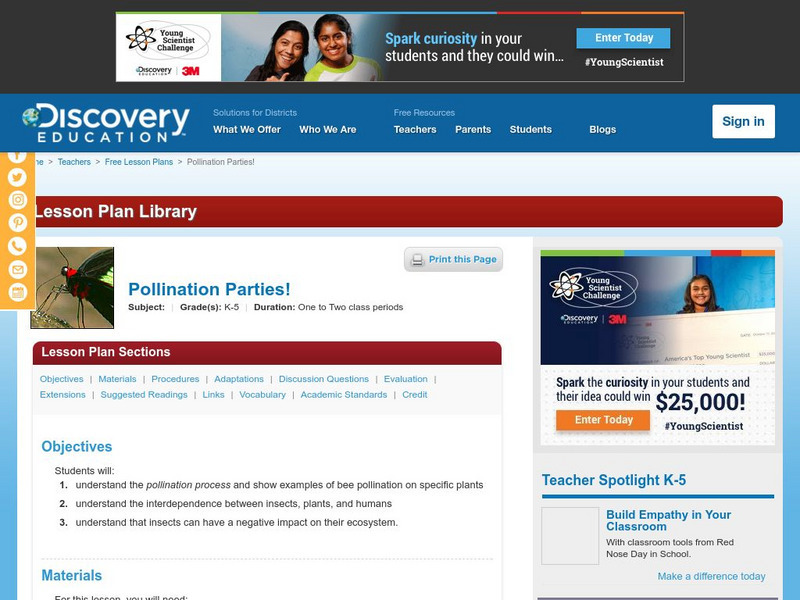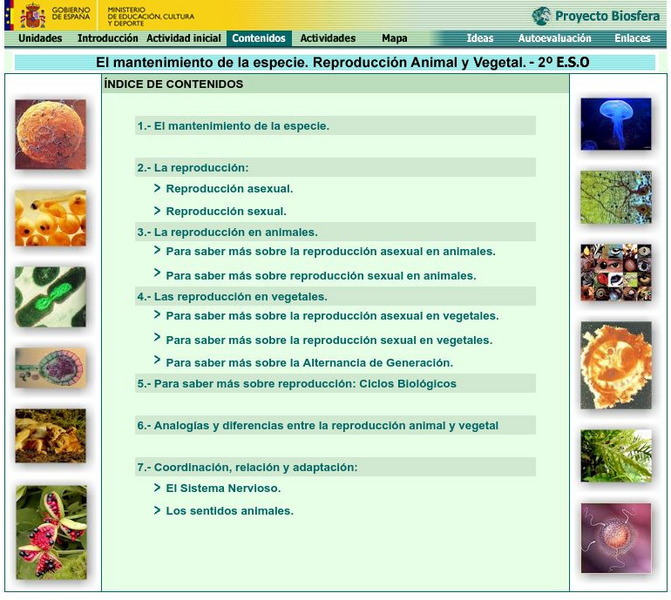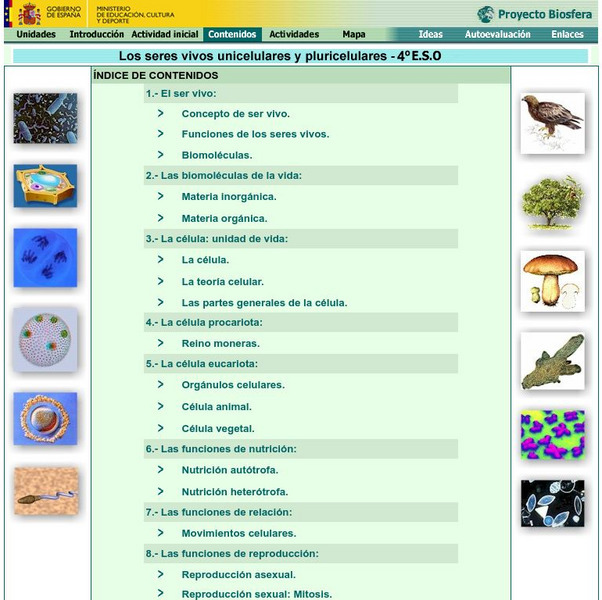Curated OER
Sexually Transmitted Diseases
Students create and perform short skits, based on teacher provided scenarios, dealing with sexually transmitted diseases in order to reinforce the fact that STD's may be present but may not be symptomatic and how to communicate with...
Curated OER
HIV/AIDS: Basic Facts
Students complete worksheets and play the "Onion Ball Question and Answer Game" as an introduction to the basic facts about AIDS and HIV, such as what the virus is, the body fluids that transmit the virus, and the the most common methods...
Curated OER
Diversity of Life
Students explore the diversity of life forms and the role that interdependency plays in our world through a mult-segmented unit. This segment introduces the unit.
Curated OER
Birth Control By Law? - Legislative Hearing
Learners debate the use of mandatory birth control for pregnant substance users.
Curated OER
Baby Project - Cost Analysis - First Year of Life
Students determine the costs associated with teenage pregnancy and childbirth through the child's first year. They consider prenatal and postnatal care for mother and child, clothing, food, equipment, childcare, etc. They present their...
Curated OER
Birth Control Acronym
High schoolers create an acronym for a method of birth control. The acronym should represent the student's understanding of the form of birth control's use.
Curated OER
Drawing Stages
Students learn the different characteristics that a developing infant goes through during the weekly periods of each trimester, by drawing pictures of the fetus during each trimester.
San Diego State University
Sdsu: Lesson 2.5: How Do Organisms Reproduce? Meiosis
This site will allow students to grasp the complex concept of meiosis by modeling the process with clay.
CK-12 Foundation
Ck 12: Meiosis
[Free Registration/Login may be required to access all resource tools.] How do you make a cell with half the DNA? Meiosis. This activity outlines the phases of meiosis, provides an overview of sexual reproduction, and describe how...
CK-12 Foundation
Ck 12: Genetic Variation in Organisms
Genetic variation helps ensure the survival of a species. It is this variation that is the essence of evolution. Without genetic differences among individuals, "survival of the fittest" would not be likely. This activity discusses how...
CK-12 Foundation
Ck 12: Episd: Genetic Variation
[Free Registration/Login may be required to access all resource tools.] How does genetic variation protect species from extinction? Understand sexual reproduction and the importance of both random fertilization and independent assortment.
Department of Defense
Do Dea: Biology: Unit 3: Cell Structure
In this third unit of a Biology course, students learn about cells and cell structure. They compare prokaryotic and eukaryotic cells and learn about the specialized structures in a cell and what their functions are. They will also learn...
CK-12 Foundation
Ck 12: Reproduction
Read about the two types of reproduction: sexual and asexual. Review questions follow the module. [Free Registration/Login may be required to access all resource tools.]
PBS
Pbs Learning Media: The Advantage of Sex: Sexual Versus Asexual Reproduction
Why did sex evolve? The likely answers, in this essay written for the PBS series "Evolution" by science journalist Matt Ridley, may surprise you.
Discovery Education
Discovery Education: Pollination Parties
This activity helps young scholars understand the concept of pollination. Objectives, materials, procedures, adaptations, discussion questions, evaluation, extensions, suggested readings, links, vocabulary, and academic standards are all...
Utah State Office of Education
Utah Science: Pass It On!
"Pass It On!" will enhance learning about genetics. Delve into activities addressing traits, DNA, sexual and asexual reproduction.
Biology Pages
Kimball's Biology Pages: Sexual Reproduction in Angiosperms (Flowering Plants)
This site, from retired Harvard professor John W. Kimball, provides a detailed but understandable explanation of sexual reproduction in flowering plants. Includes informative, well labelled illustrations.
McGraw Hill
Mc Graw Hill: Sexual Reproduction and Meiosis
Discover what you know about sexual reproduction and meiosis by taking this post test.
McGraw Hill
Mc Graw Hill: Sexual Reproduction and Meiosis
Discover what you know about sexual reproduction and meiosis by taking this interactive pre test.
E-learning for Kids
E Learning for Kids: Science: California: What Is Seed Dispersal?
Nikki is learning about plant seed dispersal methods. Join in and learn how this is important to plant reproduction.
University of Nebraska
University of Nebraska State Museum: Pollen Detective: About Pollen
Twelve different species of plant pollen are highlighted in this engaging resource. For each plant you can view pollen as seen under two different kinds of microscopes. Reproductive cycles and physical traits used for identification are...
National Institute of Educational Technologies and Teacher Training (Spain)
Ministerio De Educacion: El Mantenimiento De La Especie
Learn about animal and plant reproduction: similarities and differences, coordination, relationship and adaptation.
National Institute of Educational Technologies and Teacher Training (Spain)
Ministerio De Educacion: Los Seres Vivos Unicelulares Y Pluricelulares
In this unit you will be introduced to the complexity of living things. It also reviews the kingdom of nature, differentiating between their main features from those who are microscopic unit-cellular to the multi-cellular visible to the...
National Institute of Educational Technologies and Teacher Training (Spain)
Ministerio De Educacion: La Leyes De La Herencia
In this unit young scholars will identify different kinds of genetic traits and how they are passed on from generation to generation. It contains 18 interactive activities.
























